Dealing with sexual exploitation
- Learning for Life and Work

- May 4, 2020
- 2 min read
Updated: Dec 7, 2023
Sexual exploitation involves the abuser using their relationship to take advantage of children and young people, forcing them to perform sexual acts.
How would a young person recognise if they are being sexually exploited?
The abuser may offer gifts, money, alcohol or drugs in exchange for sex or they may intimidate the young person using violence as a way to coerce the young person to perform a sexual act.
The abuser may use technology and social media to persuade a young person to:
- participate in sexual conversations in text or online
- send or post sexually explicit images
- participate in sexual activities via a webcam.
The abuser may use these online images and conversations to blackmail the young person and may threaten to share the images of conversations with their friends and family.
The abuser may threaten the young person and make them feel afraid of what the repercussions may be to themselves/others/friends/family if the young person were to try and report any incidents or to seek help through the police.
How could a young person avoid being sexually exploited?
They should:
avoid situations where they may get drunk/take drugs with a group of adults in houses/hotel rooms they don’t know.
avoid meeting people from social media sites unless accompanied.
avoid posting or sharing sexually explicit personal images on the internet and social media.
avoid receiving gifts, money, alcohol, drugs from people they do not know
If the young person is in a situation where they feel that they ‘can’t say no’ then they should become aware that they are not in a safe situation and try to leave.
What actions could a young person take id they have been sexually exploited?
Tell someone what has been happening - this could be another trusted adult, a parent/guardian, a friend, a teacher in school.
Ring the police on 101
Consider talking to someone at an organisation that can give advice and help with the bullying experience such as:
- NSPCC on 0808 800 5000
- ChildLine on 0800 1111
- Childnet
Check out the CCEA GCSE Learning for Life and Work Second Edition Textbook to find out more or check out: My Revision Notes: CCEA GCSE Learning for Life and Work: Second Edition
As an Amazon Associate I earn from qualifying purchases.
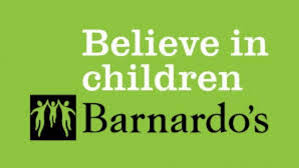


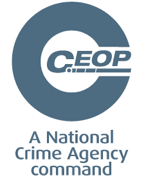
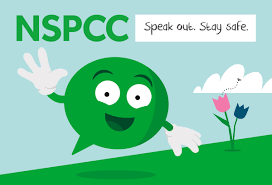
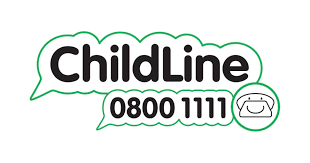
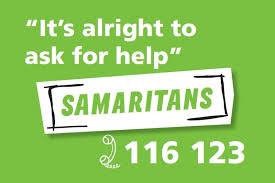



Comments